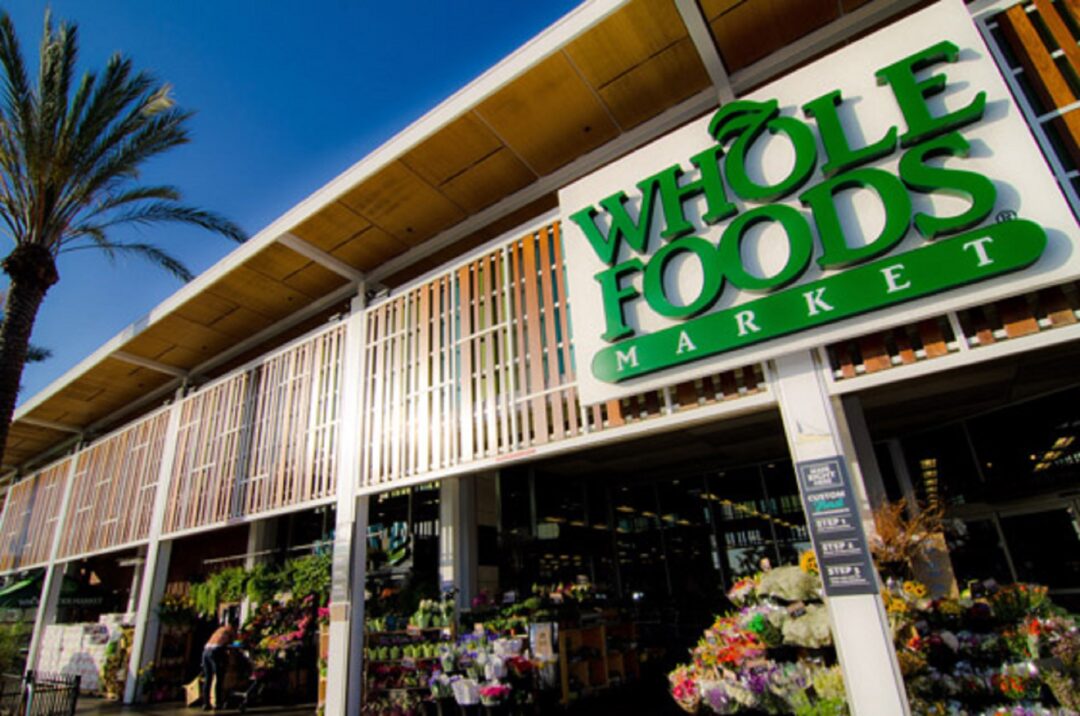
Industry Reacts to Reported Exodus at Whole Foods Market

According to astoryin the Wall Street Journal, which cited former employees and recruiters, those who have left included leaders of the bakery, produce, sustainability and local foods divisions. Some left even though they were asked to stay, and others were pushed out after the deal was announced but before it closed, as Whole Foods sought to tighten command, the story reported.
“It is telling that the departing executives come from the departments furthest from Amazon’s strategic direction: fresh perishables including bakery and produce; local products from necessarily smaller vendors; and sustainability, which is likely far down Amazon’s list of priorities," says Jay Jacobowitz, president and founder of Retail Insights.
Among reasons cited for the exodus are dissatisfaction at reporting to younger Amazon executives and a lack of transparency about how Amazon plans to merge with Whole Foods. “Culturally, it's been a rough start,” said one former employee interviewed by the Journal.
The article drew over 200 comments from former employees and customers. Many of the ex-workers said they weren’t surprised by the exodus, echoing the lack of transparency and citing poor treatment of staff, while consumers complained about the declining quality of the products and the continuing high prices – despite reports that the acquisition would lower prices. Many also said they preferred going to other lower-priced chains like Trader Joe’s and Wegman’s.
This news comes amid reports of tensions between Whole Foods and suppliers, forcing Whole Foods to call a summit with suppliers this week, asreportedin WholeFoods Magazine. Roughly 200 suppliers met with Whole Foods Market at its headquarters in Austin, Texas, to clear the air amid growing tensions over new merchandising costs and other changes that were in place before the Amazon acquisition.
But Jacobowitz says he isn't surprised by the upheaval. “First, in any takeover, the acquiring company will put its cultural and strategic stamp on the acquired company, and when strategies and cultures are vastly different, disenchantment among the employees inevitably follows, leading to acquired-company departures.
“It was predictable that meshing the two cultures; love of high quality food on the one hand, and total indifference to what product goes inside the shipping box on the other, would be difficult at best.
"It is also no surprise that Amazon hasn’t explained its specific integration plan between the two companies, since it probably doesn’t have one, and may not think it needs one. Remember how this came about: In April, 2017, activist investor Jana Partners took an 8.8% stake in Whole Foods then agitated for a sale of the company. With two years of negative comparable store sales and no relief in sight, John Mackey killed two birds with one stone by running to Amazon: he got rid of the agitators and buried the negative comp story inside a much larger public company that would no longer have to separately disclose quarterly results for these brick and mortar stores. They announced their deal in June, about two months after Jana’s insurgency."
But Jacobowitz is certain that ultimately, Whole Foods will do just fine. "It will just be with a different mix of products and a different culture."
John Foraker, co-founder and CEO of Once Upon a Farm, expects Whole Foods to end up stronger over time and made the following observation on LinkedIn:
"Over the years it's been interesting to watch the industry perception of WFM, particularly what is written about them as they cycle from strong to weak performance and back again. There have been a number of times when the business and culture have been doubted and sold short. I think this is one of them, but 3X more. This is not to discount their many challenges, stronger competition, or the inevitable issues navigating colliding cultures with the AMZN integration. But my current take is that almost everyone in this industry is universally WAY too negative on WFM right now, and on their overall business outlook. I'm kind of sick of reading about it. They have an amazing brand consumers love, a resilient and deeply rooted purpose-driven culture, smart and passionate employees, and now a very deep pocketed and very aggressive owner at the cutting edge of technology.
"WFM needed to change people, they were being challenged by incredible competitors like Kroger, Albertson's, and many others," he continued. "With required change comes chop. I could be wrong but I've seen this movie before, and if history is a predictor, they will roar back and change a lot of minds over the next couple years."
Related Articles

The editorial team at WholeFoods Magazine has decades of experiences reporting on natural products industry news, trends, and more. This national, monthly business-to-business magazine has been published continuously for nearly 40 years (the magazine was founded in 1977, and has been owned by Wainer Finest Communications since 1984). It is the longest-tenured media outlet of its kind in the natural products industry. The editorial focus at WholeFoods Magazine is, and always has been, on informing and educating members of the natural products industry.
The Magazine
Information
About Us
NOTE: WholeFoods Magazine is a business-to-business publication. Information on this site should not be considered medical advice or a way to diagnose or treat any disease or illness. Always seek the advice of a medical professional before making lifestyle changes, including taking a dietary supplement. The opinions expressed by contributors and experts quoted in articles are not necessarily those of the publisher or editors of WholeFoods.







